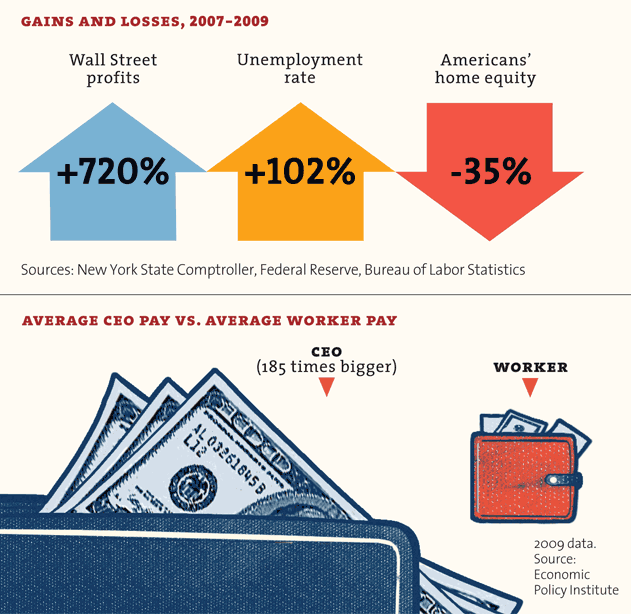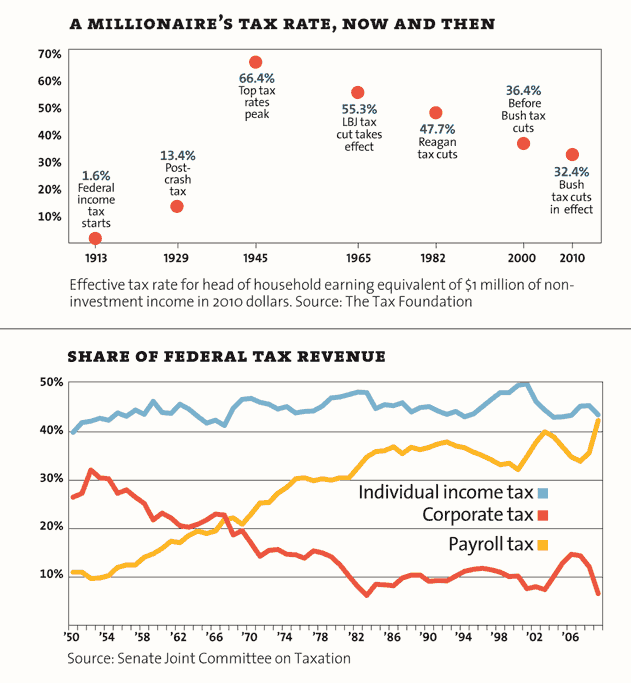Justice Brennan, in Texas v Johnson:
The best way to preserve the
flag’s special role in our lives is not to punish those who feel differently but
to persuade them that they are wrong. We
do not honor our flag by punishing those who burn it, because in doing so we
diminish the freedom that this cherished emblem represents.
Even Mitch McConell rejected a Constitutional Amendment to overturn Johnson, writing:
No act of speech is so obnoxious that it merits
tampering with our First Amendment. Our Constitution, and our country, is
stronger than that. Ultimately, people like that pose little harm to our
country. But tinkering with our First Amendment might.
Justice Scalia famously stated:
If I were king, I would not allow people to go around
burning the American flag -- however, we have a First Amendment which says that
the right of free speech shall not be abridged -- and it is addressed in
particular to speech critical of the government.
Does Trump suppose himself to be King?
He has suggested that he will change defamation laws to dilute freedom of the press and allow public figures to more easily sue the media for defamation. Is he unaware that defamation law is state common law and not federal law? And that if it were, he doesn't have the power to change them? And in any event, there is the Constitution?
Perhaps he sees the Constitution as merely another of those vexing regulations that must be immediately eliminated.
Who would have thought that when Trump went to Washington to clean things up, he intended to throw out freedom and democracy with it? - other than the 70 Million people who voted against him.
Sad.
Sad.
Fictional President Andrew Shepard explains why burning the American flag is as patriotic as saluting it:





